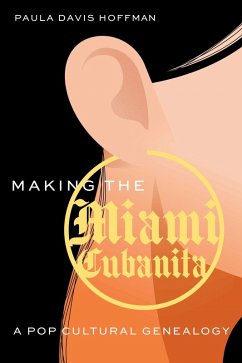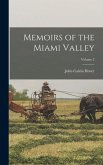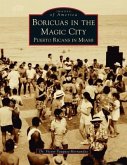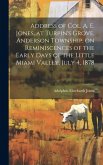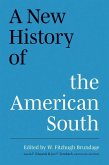At the end of the nineteenth century, William Randolph Hearst's New York Journal glorified cubanas as "the most feminine and simple women in the world." Ever since, the stereotype of Cuban femininity as chaste and dutiful has informed Cubans' racial, social, and ethnic identity in the dominant American imagination, and this gendered and deracialized narrative has taken different forms and served various purposes throughout the Cuban diaspora. In Making the Miami Cubanita Paula Davis Hoffman examines the cultural precepts and political aims underlying the construction of Cuban femininity in pop culture outlets produced by, for, and about Cuban Americans of the Cuban diaspora. By incorporating academic texts, oral interviews, and elements of popular culture as well as personal accounts of growing up in a first-wave Cuban exile family, Hoffman discusses the historical forces that molded vacillating constructions of Miami Cuban women. Organized by decade, this book traces internal and external articulations of Cuban American culture and examines how Cuban American exceptionalism played into the evolution of the term chonga, originally an insult disciplining young cubanas who performed stigmatized ethnic signifiers that has today become a label some proudly own. Not only does Hoffman fill a gap in academic research surrounding the subculture of Cuban American women, she further demonstrates how migration, race, gender, and sexuality are informed by popular culture and political agenda within the diverse context of South Florida.
Bitte wählen Sie Ihr Anliegen aus.
Rechnungen
Retourenschein anfordern
Bestellstatus
Storno

